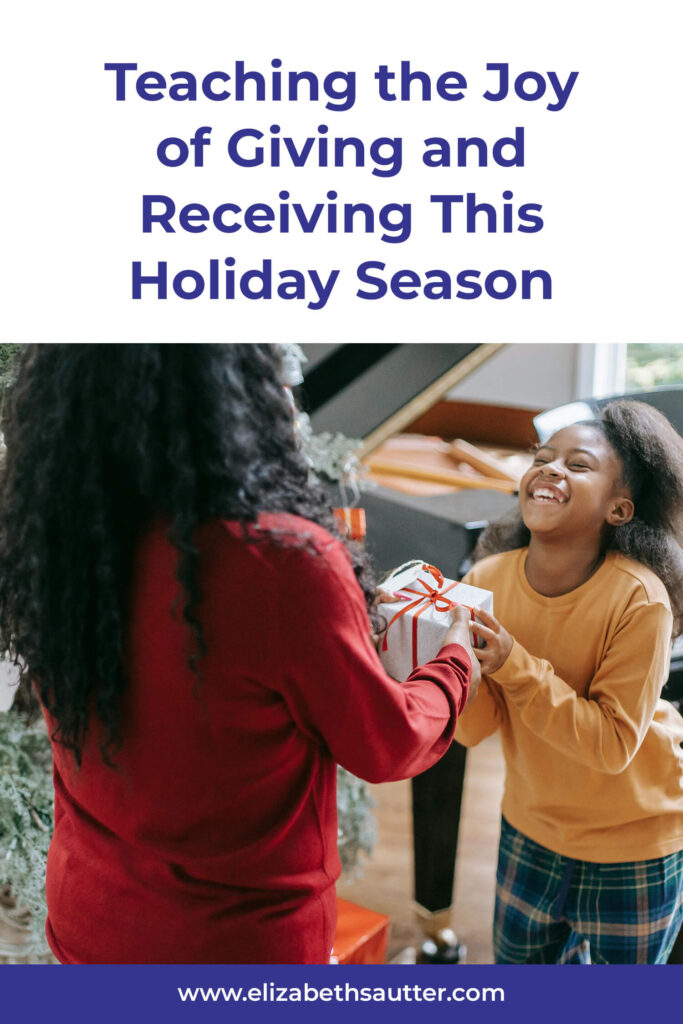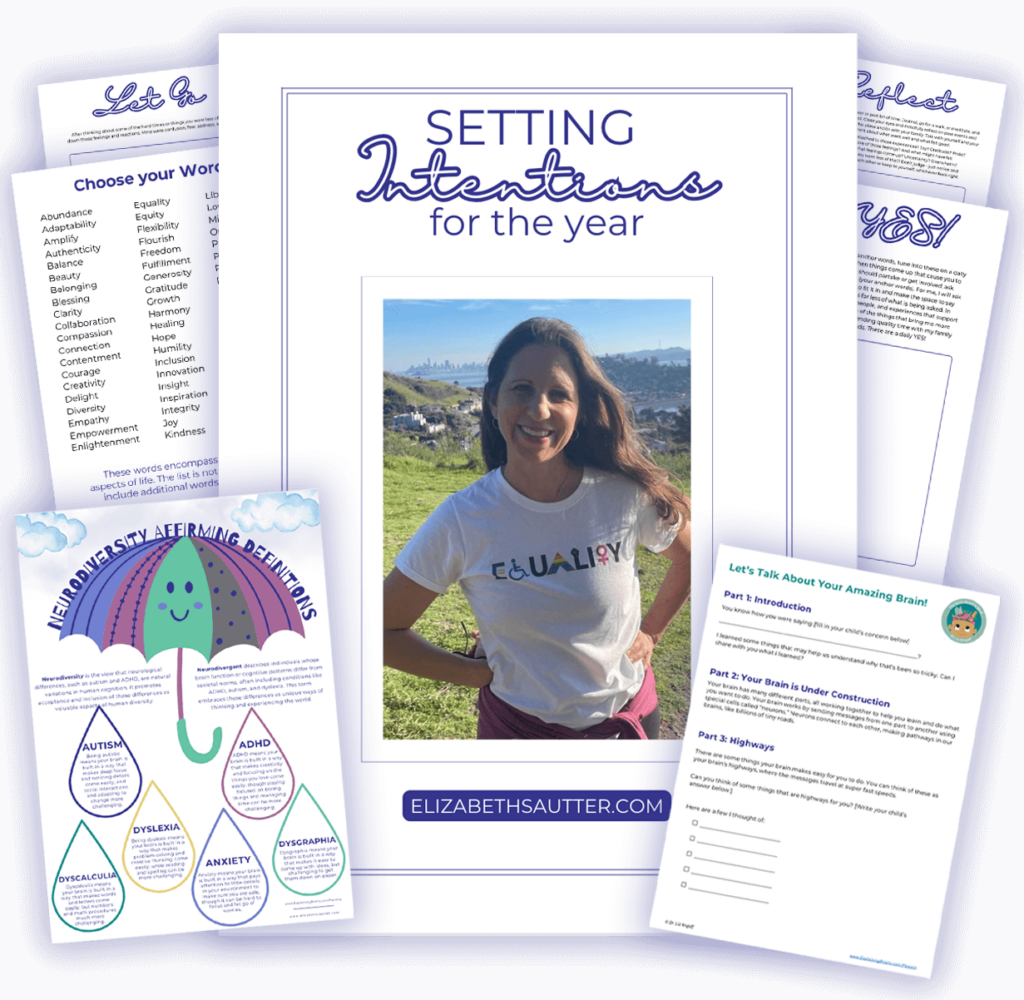The holiday season provides a natural opportunity to nurture social emotional learning (SEL) for teens, particularly when practices are neurodiversity-affirming and inclusive. By focusing on strengths, individual preferences, and emotional well-being, we can support teens in learning empathy, self-advocacy, and gratitude while reducing stress and pressure.
Understanding SEL for Neurodivergent Teens
Teenagers often navigate a complex mix of emotions and experiences, which can be amplified for neurodivergent teens. To foster SEL effectively, we need to meet them where they are, following their interests and preferences. Instead of expecting conformity to neurotypical norms, we focus on creating spaces where teens feel safe, understood, and empowered to explore social-emotional growth on their own terms.
The Joy of Giving: Encouraging Connection and Empathy
When teens take the lead in deciding how they’d like to give, they’re more engaged and motivated. Follow their interests to help them design gifts or gestures that resonate with their unique strengths and preferences:
- Interest-Led Giving:
- A teen who loves gaming might create a custom playlist or design a virtual gift for a friend.
- An artistic teen could craft handmade cards, digital illustrations, or personalized decorations.
- Teens who enjoy cooking might help plan and execute a meal or bake treats to share.
- Empathy-Driven Activities:
Discuss options for giving that align with causes or values your teen cares about, such as:- Volunteering at an organization they connect with.
- Donating to a cause they support in someone’s name.
- Preparing comfort kits for those in need.
- Collaborative Choices: Work together to create a plan, and let your teen decide how much involvement feels comfortable.
These activities reinforce perspective-taking and kindness while respecting your teen’s autonomy.
The Joy of Receiving: Building Gracious and Authentic Responses
Receiving gifts can be stressful, particularly if a teen feels pressure to conform to typical expressions of gratitude like immediate verbal thanks or physical gestures. Here’s how to support neurodivergent teens in navigating these situations:
- Explore Alternatives: Work with your teen ahead of time to identify what feels comfortable to them.
- Instead of saying “thank you” immediately, they might write a note later or express appreciation in their preferred way, such as through art or a meaningful conversation.
- Physical affection, such as hugs, should never be forced. Offer alternatives like a wave, a smile, or simply standing close.
- Role-Play Scenarios: Practice potential interactions ahead of time, helping your teen rehearse words or actions that align with their comfort level.
- Advocate for Their Needs: Prepare others involved by explaining your teen’s preferences and approach to gratitude. This fosters understanding and reduces potential friction during gatherings.
- Explore Alternatives: Work with your teen ahead of time to identify what feels comfortable to them.
- Support Emotional Regulation: If receiving a gift brings up unexpected feelings (e.g., disappointment or overwhelm), provide a safe space for processing emotions later. Validate their feelings and discuss how they might approach similar situations in the future.
By emphasizing authenticity over conformity, teens learn to navigate social situations in ways that build confidence and preserve their sense of self.
Balancing Holiday Stress with Neurodiversity-Affirming SEL Practices
- Create Predictability: Use schedules, visuals, or reminders to outline the day’s events. Highlight opportunities for breaks or downtime.
- Honor Sensory Needs: Provide options like noise-canceling headphones, fidgets, or designated quiet spaces to support regulation.
- Coach, Don’t Pressure: Instead of insisting on certain behaviors, offer guidance and encouragement. Be a calm presence who supports your teen as they navigate the social demands of the season.
The Bigger Picture: Lessons Beyond the Holidays
Through giving and receiving, teens develop crucial SEL skills, such as:
- Empathy: Learning what matters to others.
- Self-Advocacy: Expressing their own preferences and needs.
- Emotional Regulation: Managing their feelings in complex social settings.
- Authentic Gratitude: Showing appreciation in ways that feel meaningful to them.
These lessons, practiced in a neurodiversity-affirming way, set teens up for lifelong emotional resilience and authentic connections.
Creating a Joyful, Connected Season
The holiday season doesn’t have to be perfect. By focusing on strengths, individuality, and emotional well-being, you’re creating opportunities for growth that extend far beyond December. Whether your teen rolls their eyes at your suggestions or surprises you with their creativity, know that you’re planting seeds of connection and confidence.
Stay Connected for Resources
Start the new year with tools to connect and grow alongside your neurodivergent child! Download the Neurodiversity Positive Parent Pack for free—a bundle of resources including an intention-setting workbook, neurodiversity-affirming definitions, and empowering scripts for meaningful conversations. These tools will help foster understanding, confidence, and purpose in 2025 and beyond.
 Join the Upcoming Workshop –
Join the Upcoming Workshop – 

